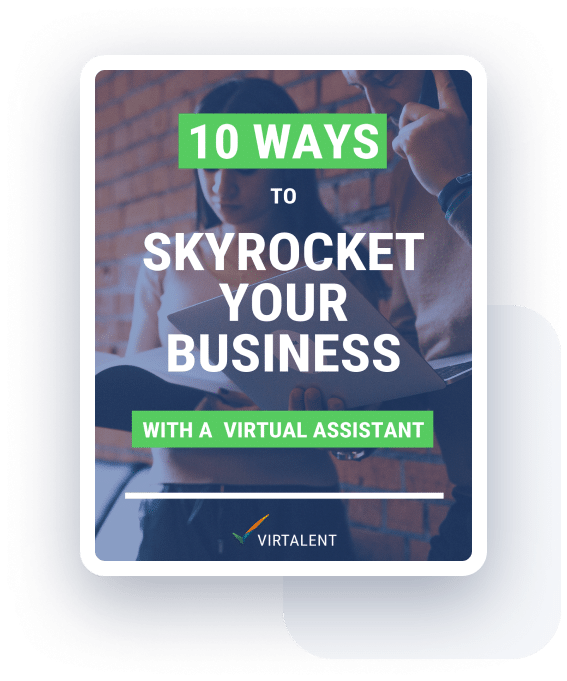So called “productivity suites” have become increasingly important for business. They are the simple to use tools we can access to create documents and spreadsheets, keep track of our email and use on any device, whether we are working in the office, on the road or at home.
But with all of these tools at our disposable and endless productivity suites to choose from, which is best suited to your business?
The two most popular productivity suites are Office 365 and G Suite (formally Google Apps for Work) both of which pack a decent punch when it comes to running a business.
Office 365
Microsoft Office has been a staple for offices across the world and is still probably considered the industry standard. Most of us know how to use Word or Excel. Competition from other suites in recent years and the development of secure cloud services has meant more choice on the market, but many of these still lag behind Office 365 in terms of cost, flexibility and usability. Unlike other suites, Office 365 can be used online or downloaded to the desktop of any computer/smart device giving subscribers the chance to work offline.
Office 365 has a range of plans which can be paid for on a yearly or monthly basis. With their Business Essentials plan you get plenty of initial storage (1 TB) which is more than enough for an average SME. If you need more, though, you can buy extra. For email, Microsoft offers 50 GB storage for their basic business plan.
There are more subscription options for businesses with Office 365 than other providers and if you are on a tight budget or want to have complete control of your productivity suite then this could still be the best choice. Other business might prefer the simplified options offered by a service such as G Suite. The good news is that with one licence you can install options such as Word, Excel and Publisher on 5 different devices and use them offline as well as online.
G Suite
G Suite is a purely online application so you can’t install products for use offline on the desktop or your tablet – you access everything through the website with a login and store your documents and data via Google Cloud. Google have been working hard on producing a comparable business suite to rival Office 365 and their provision includes apps such as Gmail, Docs, Spreadsheets and Calendar which synch seamlessly with each other. They also deliver more than enough tools to enable collaboration such as Slides and the creation of team sites.
The basic G Suite has less storage than Office 365 at 30 GB but this increases to 1 TB for the unlimited plan for a comparable cost. With the G Suite business plan, you also get more advanced admin controls and better reporting, all of which company managers will find useful. In the past, there have been some issues with Google Apps for Work in regards to sharing calendars and compatibility between Excel and Google Spreadsheets, but this is becoming less of a problem as the platform develops.
Choosing the Best Suite for Your Business
One of the key factors when considering whether to use Office 365 or G Suite is your workforce, of course. Microsoft Office has long been a standard for businesses and many staff are simply more used to it than the alternatives out there. It’s not difficult to learn to work with G Suite and many of the apps like Docs and Spreadsheets aren’t much different from Word and Excel – essentially if you can use Microsoft you can use G Suite. You can, of course, download Word, Excel and Publisher onto your desktop which gives businesses that extra flexibility to work offline if needed.






Recent Comments